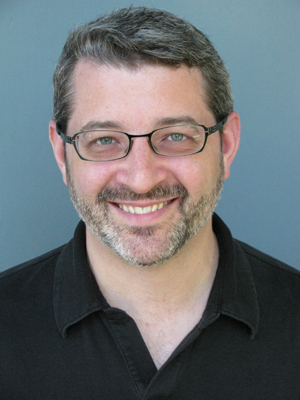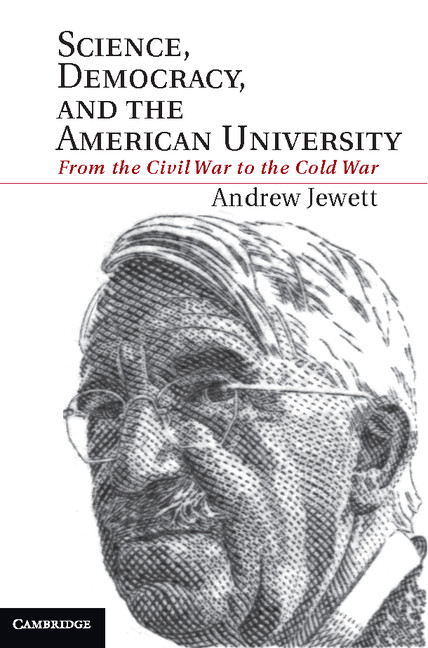 S-USIH is pleased to celebrate the publication of Andrew Jewett’s book, Science, Democracy, and the American University: From the Civil War to the Cold War (Cambridge University Press, 2012). Jewett is an Associate Professor of History and Social Studies at Harvard, and has been a member of the society and active in its conferences for the past few years.
S-USIH is pleased to celebrate the publication of Andrew Jewett’s book, Science, Democracy, and the American University: From the Civil War to the Cold War (Cambridge University Press, 2012). Jewett is an Associate Professor of History and Social Studies at Harvard, and has been a member of the society and active in its conferences for the past few years.
Jewett teaches a variety of courses at Harvard including, “Science and Religion in American Public Culture,” “The US and Europe in Twentieth-Century Thought and Culture,” “Introduction to Intellectual History,” “The Human Sciences in the Modern West,” “Public Opinion and American Democracy,” and the twentieth-century U.S. graduate proseminar.
His book, as described at his biographical site, “reinterprets the rise of the natural and social sciences as sources of political authority in modern America. It demonstrates the remarkable persistence of a belief that the scientific enterprise carried with it a set of ethical values capable of grounding a democratic culture – a political function widely assigned to religion. The book traces the shifting formulations of this belief from the creation of the research universities in the Civil War era to the early Cold War years. It examines hundreds of leading scholars who viewed science not merely as a source of technical knowledge, but also as a resource for fostering cultural change. This vision generated surprisingly nuanced portraits of science in the years before the military-industrial complex and has much to teach us today about the relationship between science and democracy.”
Jewett’s current project is Rethinking Science and Religion: Toward a Political History of Postwar American Thought, which, he explains, “explores how major shifts in the meanings of the terms “science” and “religion” have intersected with equally profound changes in American politics since World War II.” He is also a member of the Harvard Colloquium on Intellectual History.

0